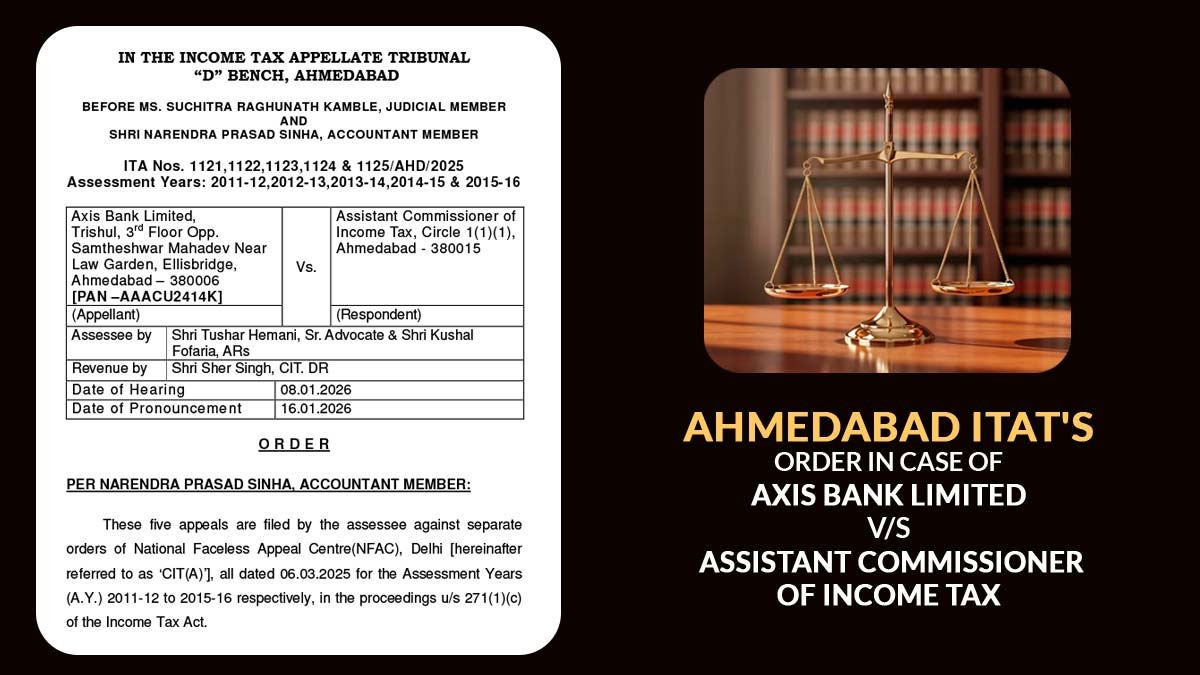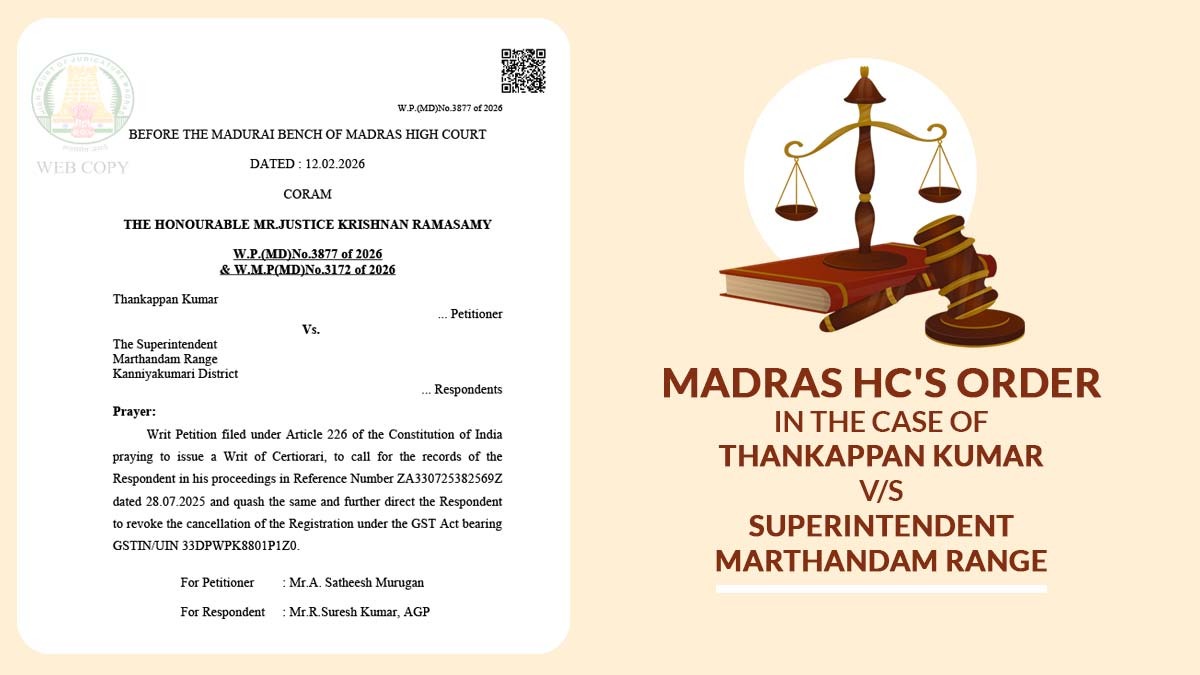
The Directorate General of GST Intelligence (DGGI) has noticed tax evasion of Rs 1.2 trillion using fake input tax credits, since 2020 to date, with the focus being laid on recognizing and comprehending the masterminds and disrupting syndicates, operating in the country, the finance ministry cited.
The Goods and Services Tax (GST) intelligence department has discovered nearly 59,000 potential fake firms for verification and further inquiry, while 170 individuals involved in fraud have been comprehended. This was found at the time of the national conference of enforcement chiefs of GST, following which the ministry’s release was issued.
It arrives against the backdrop of a special drive being launched by both the Centre and State to recognize and remove fake registrations. On August 16 a two-month special all-India GST drive was launched to fetch the suspicious/fake GSTINs, conduct requisite verification, and take remedial measures to remove these fake billers from the GST ecosystem to secure government revenue.
Revenue Secretary Sanjay Malhotra addressing the conference, cited the significance of maintaining a fine balance between enforcement measures and ease of doing business. He urges Central and State GST formations to focus on the bogus registration at the time of the special drive and mentions the requirement to monitor the masterminds and beneficiaries of the bogus ITC so that the rigid action is been opted to have the required deterrence effect.
It is mentioned by Malhotra that the revisions executed in the GST return like GSTR-1A assist the efforts to manage the GST evasion in an organized manner.
Sanjay Agarwal, chairman, of the Central Board of Indirect Taxes and Customs (CBIC), in the event, suggested the enforcement units concentrate on real evasion rather than interpretative problems and general industry practice. “Some of the best practices/guidelines issued to bring uniformity in action and ensuring ease of doing business were also deliberated upon,” the ministry release stated.









